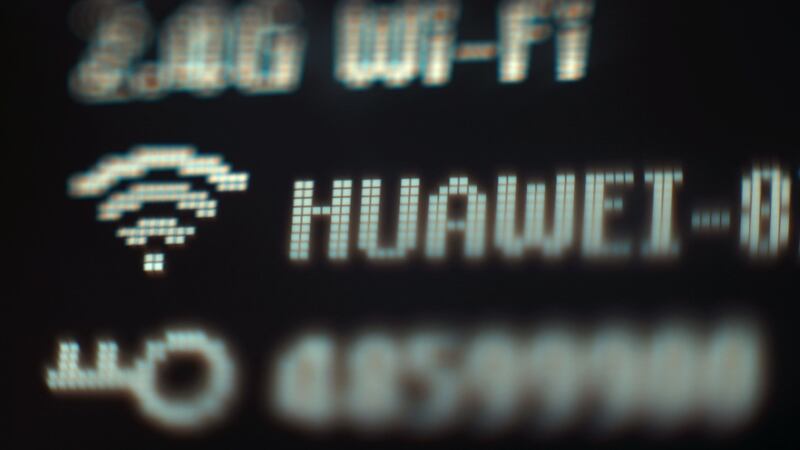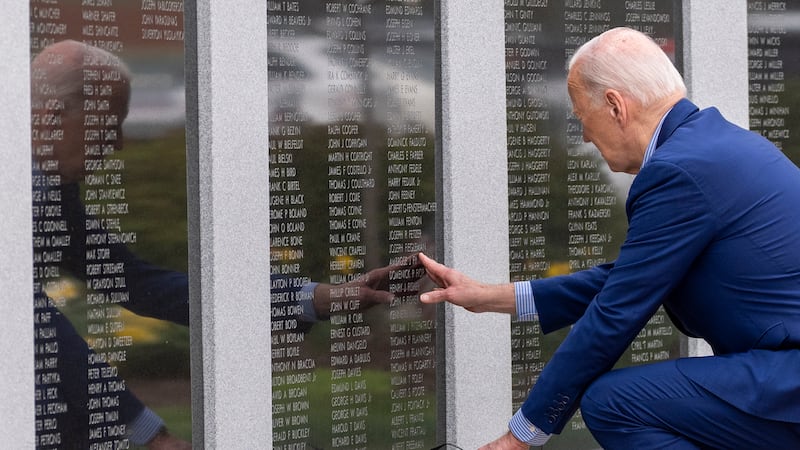Cyber security officials from dozens of countries have proposed a set of principles to ensure the safety of next generation mobile networks amid concerns over the use of gear made by China’s Huawei.
The non-binding proposals were published at the end of a two-day meeting in Prague to discuss the security of new 5G networks.
The US has been lobbying allies to ban Huawei from 5G networks over concerns that China’s government could force the company to give it access to data for cyber espionage.
Huawei, the world’s biggest maker of telecom infrastructure equipment, has denied the allegations.
The proposals reflected security concerns, with some wording that also appeared to be aimed at raising the bar for Chinese suppliers.
The document said: “Security and risk assessments of vendors and network technologies should take into account rule of law,” as well as “the overall risk of influence on a supplier by a third country”, especially its “model of governance”.
US officials have urged their allies to take into account the laws and legal system of a country where a 5G supplier is based, saying that China’s lack of independent judiciary means companies have no legal options if they do not want to comply with Beijing’s orders.
The European Commission has also recommended that EU countries factor in the legal systems of the countries where 5G suppliers are headquartered.
At the meeting in Prague, the officials came mainly from countries that are strategic allies, including European Union member states, the US and its Asia-Pacific allies including Australia, Japan, South Korea and Singapore.
Nato and EU officials also participated but China and Russia were not present.
Europe has become a key battleground in the war over whether to ban Huawei, with countries gearing up to deploy the new networks, starting with the auction of radio frequencies this year.








